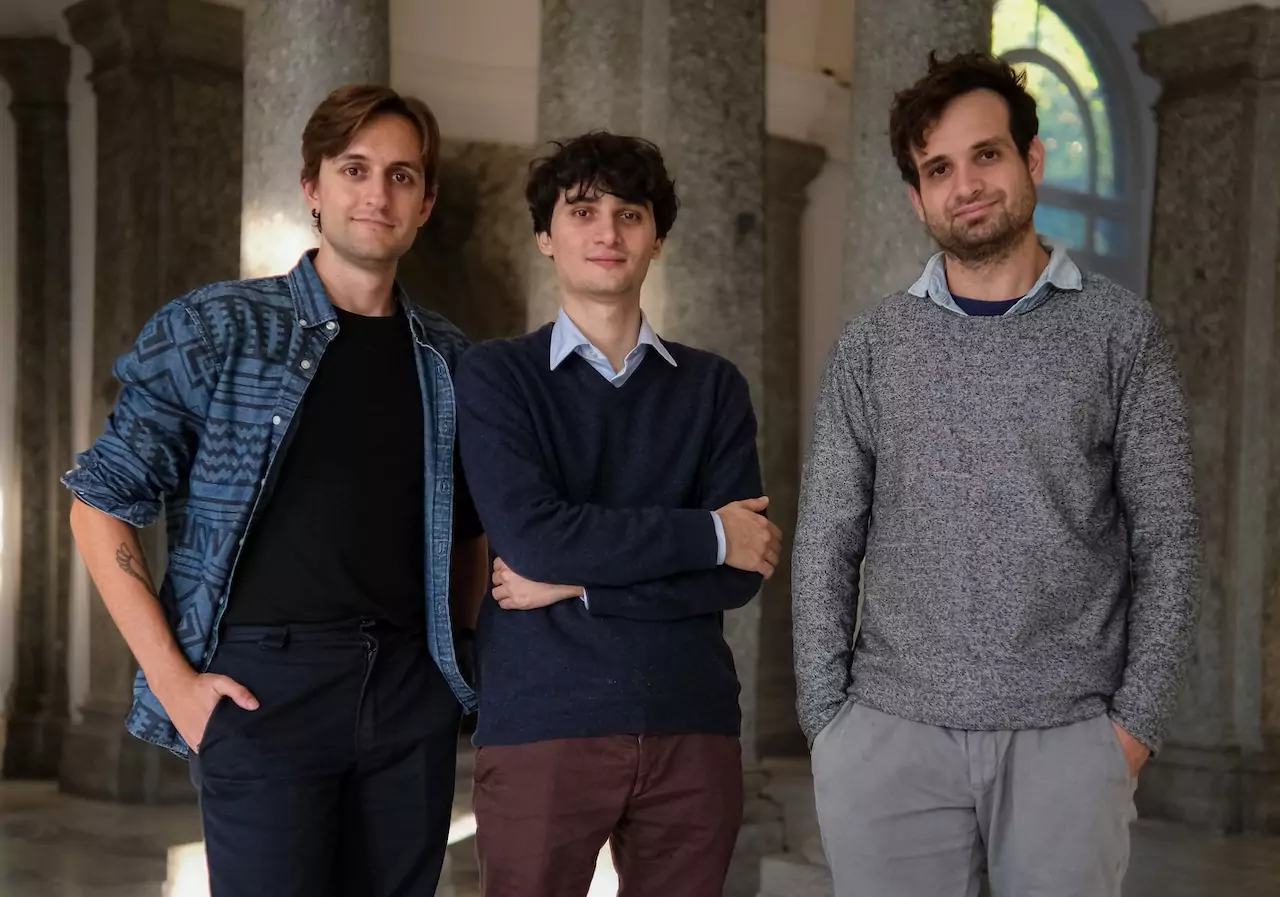Deeptech start-up Neuronova announces that it has closed a EUR 1.5m pre-seed round for ultra-low power AI chips. This funding will support the development of Neuronova’s ultra-low power processor, a revolutionary technology that reduces power consumption by a thousand times, enabling AI to be brought to battery-powered smart devices and sensors.
By 2023, global sales of smart devices approached two billion units, highlighting a growing need for increasingly efficient technologies, the company says in a note. As this market expands, relying solely on centralised cloud infrastructures for data processing becomes less and less sustainable, due to high energy consumption, environmental impact and ever-increasing costs. Neuronova’s processor addresses this challenge by bringing AI execution directly to the device, moving computation from centralised data centres to low-power solutions embedded in smart devices. This decongests the cloud infrastructure while enabling otherwise unfeasible real-time processing applications, ranging from smooth interaction with AI voice assistants to advanced medical devices.
Thanks to the recent funding round led by 360 Capital and Tech4Planet, the technology transfer hub on environmental sustainability created on the initiative of CDP Venture Capital, Neuronova will be able to expand its team, focus resources on research and development, and start the design and production of the first processor prototype. This important step brings the company closer to its goal of making artificial intelligence more sustainable and scalable. Indeed, Neuronova’s technology aims to facilitate the integration of AI to create advanced solutions in different sectors, from consumer electronics to IoT devices, opening up new scenarios for smart products but also for innovative business models.
Founded by three engineers with PhDs in neuromorphic computing, Neuronova is emerging as a low-power AI solution, responding to growing demand from leading smart device manufacturers. Exploiting a paradigm that emulates brain functioning directly at the hardware level, Neuronova’s technology implements neurons and synapses as real physical structures on silicon. This design allows AI processing to be performed similarly to biological systems, with up to a thousand times less power consumption than current solutions, all within a compact chip only a few millimetres in size compatible with high-volume integration.
Neuronova’s prototype processor, due out next year, will demonstrate its capabilities in solving AI tasks. The strategic positioning of this technology has already attracted the interest of companies in the smart device sector, some of which are already working closely with Neuronova to integrate this innovative processor into their products.
“Our mission at Neuronova is to revolutionise the scalability of AI through sustainable technology that enables devices to do more with less energy,” said Alessandro Milozzi, CEO and co-founder of Neuronova (pictured with the team), in a note. “This injection of capital brings us one step closer to revolutionising the infrastructure for AI by enabling a new generation of smart devices and sensors.
“Effectively integrating artificial intelligence into everyday devices is one of today’s key technology challenges. We believe Neuronova’s pragmatic, biological brain-inspired approach is the answer, unlocking the great market potential of neuromorphic computing,” says Alessandro Zaccaria, partner at 360 Capital.
“Our investment in revolutionary neuromorphic chips reflects our commitment to driving sustainable innovation,” adds Claudia Pingue, senior partner and head of technology transfer fund at CDP Venture Capital. “Neuronova’s chips have the potential to reduce energy consumption for AI on sensors and devices by a factor of a thousand, representing a strategic solution to one of the biggest challenges in the sustainability of artificial intelligence.
ALL RIGHTS RESERVED ©
